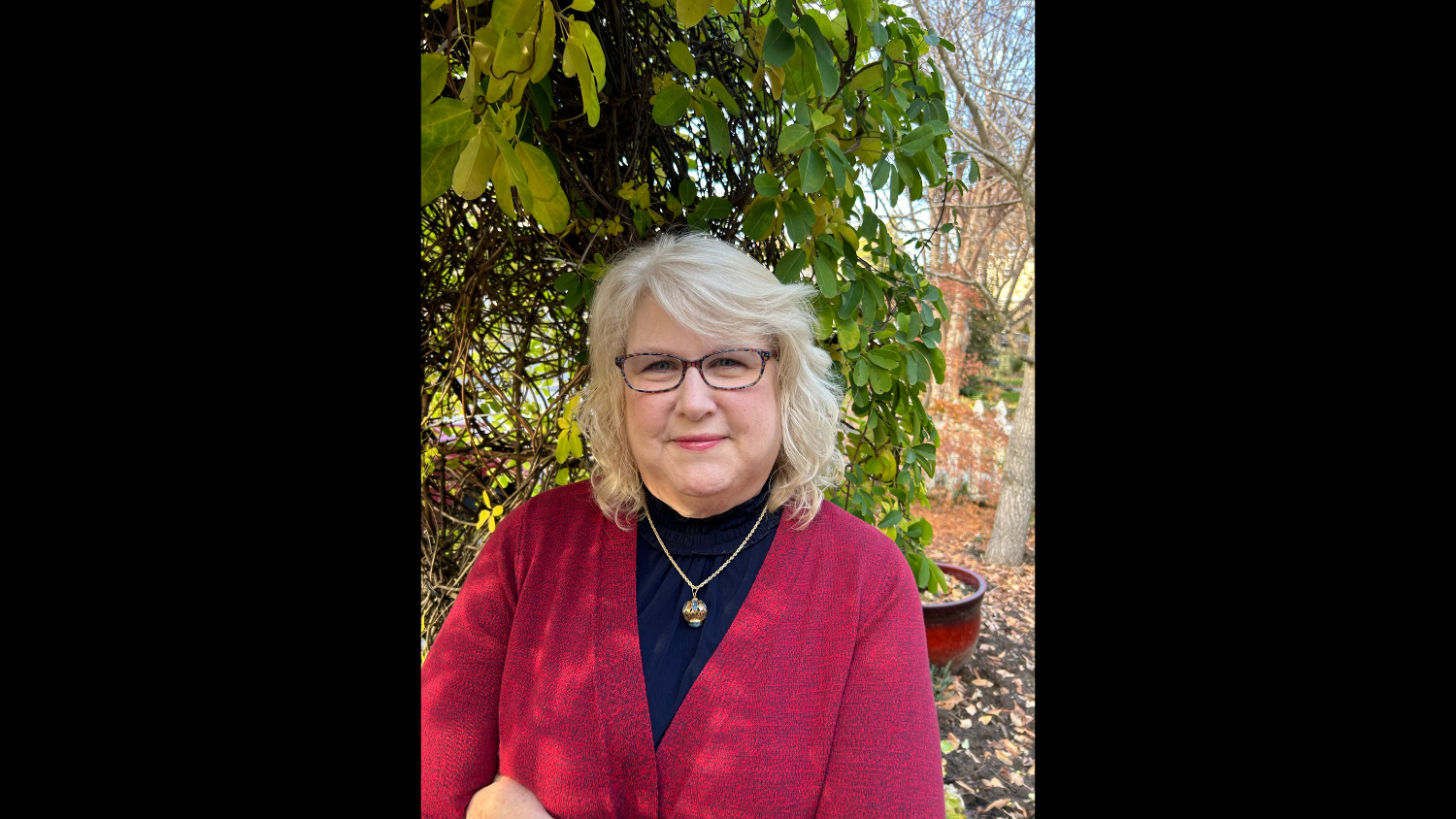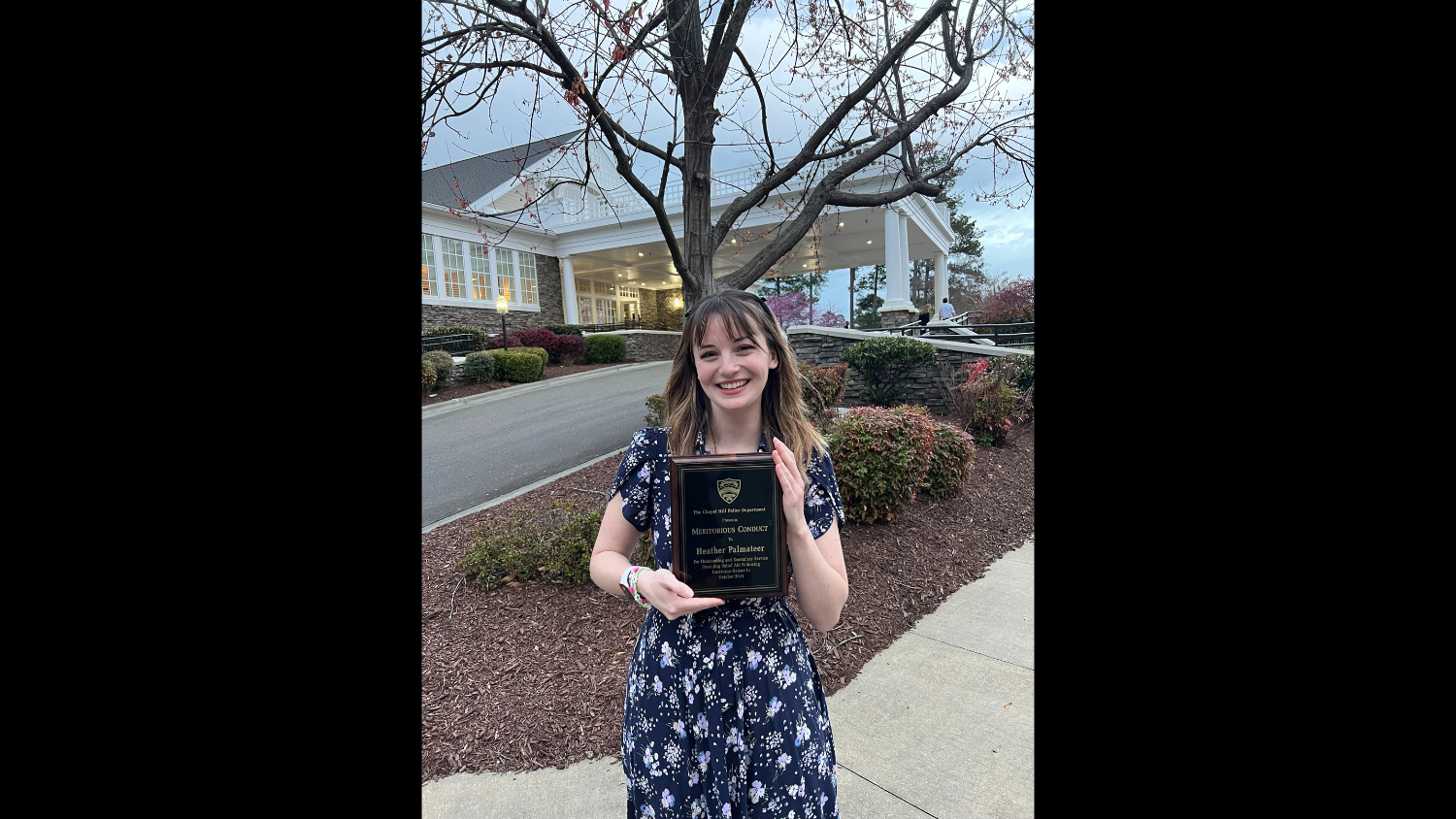NC State Student Advocates for Voter Disability Rights

The COVID-19 pandemic has affected many activities and processes, including how many of us will go about exercising our right to vote. An ongoing lawsuit against the state of North Carolina claims those who are blind or possess vision disabilities will be unable to safely vote in person. Another option, mail-in voting, would require the voter to have a third party present and assist with marking the ballot for them. For some of the 243,000 North Carolinians with vision disabilities, these options are not sufficient.
Kendall Gibbs, an MSW student at the NC State School of Social Work, is a plaintiff in the lawsuit. As a blind student who primarily researches public policy in the disability rights and advocacy sector, Gibbs says third-party ballot assistance is dehumanizing.
“The Americans with Disabilities Act has been passed for 30 years now,” says Gibbs. “North Carolina has the ability to enable people to vote electronically and accessibly, as they already allow for members of the military who are overseas. I feel that there’s no reason that people with disabilities can’t vote this way as well.”
According to The United States Department of Justice website, U.S. military personnel have been able to vote accessibly since The Uniformed and Overseas Citizens Absentee Voting Act was passed in 1986. The legislation was updated in 2010 by the MOVE Act to create additional accessibility, including provisions for electronic voting.
If there is no resolution before the upcoming elections, Gibbs plans to take the riskier option during the ongoing pandemic and vote in person, using a ballot marking machine.


